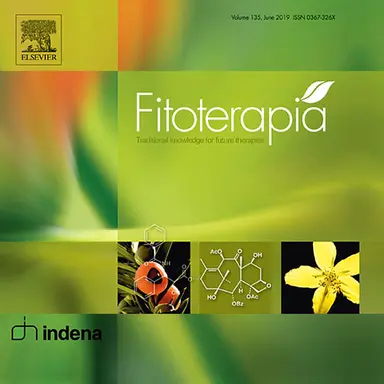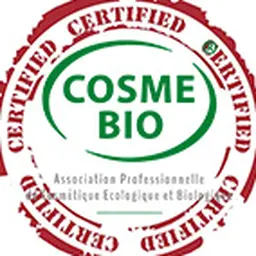
A team of Italian researchers has elucidated the involvement of limonene and linalyl acetate in cytotoxicity induced by bergamot essential oil in human neuroblastoma cells. While these compounds do not have a significant effect when they are used individually, the situation is quite different when they are combined.
Abstract
Bergamot (Citrus bergamia, Risso et Poiteau) essential oil (BEO) is a widely used plant extract showing anxiolytic, analgesic and neuroprotective effects in rodents; also, BEO activates multiple death pathways in cancer cells.
Despite detailed knowledge of its chemical composition, the constituent/s responsible for these pharmacological activities remain largely unknown. Aim of the present study was to identify the components of BEO implicated in cell death. To this end, limonene, linalyl acetate, linalool, γ-terpinene, β-pinene and bergapten were individually tested in human SH-SY5Y neuroblastoma cultures at concentrations comparable with those found in cytotoxic dilutions of BEO.
None of the tested compounds elicited cell death. However, significant cytotoxicity was observed when cells were cotreated with limonene and linalyl acetate whereas no other associations were effective. Only cotreatment, but not the single exposure to limonene and linalyl acetate, replicated distinctive morphological and biochemical changes induced by BEO, including caspase-3 activation, PARP cleavage, DNA fragmentation, cell shrinkage, cytoskeletal alterations, together with necrotic and apoptotic cell death.
Collectively, our findings suggest a major role for a combined action of these monoterpenes in cancer cell death induced by BEO.
For further information
• See the study Implication of limonene and linalyl acetate in cytotoxicity induced …













